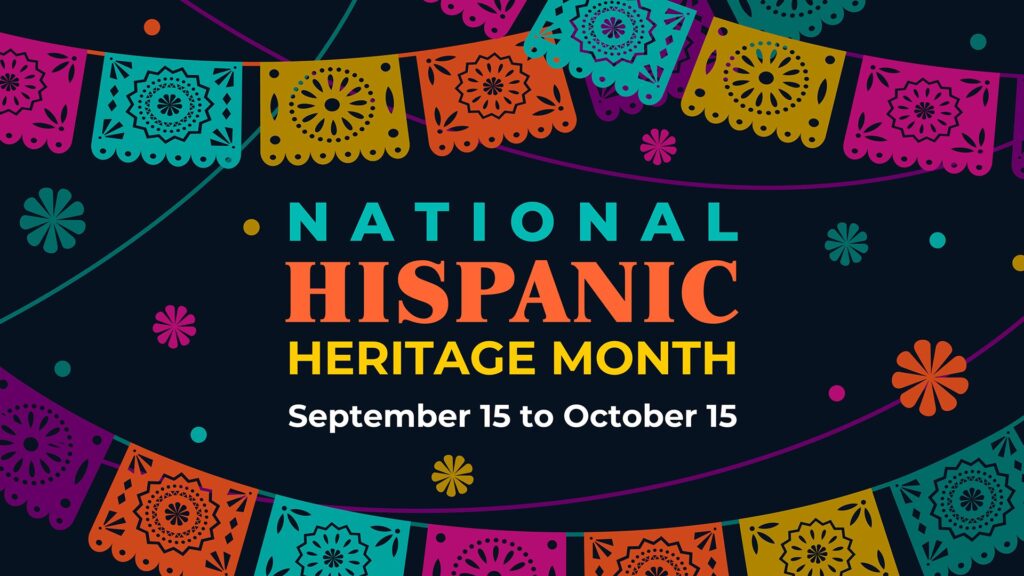September 15th marks the beginning of Hispanic Heritage Month. Running through October 15th, it’s an important time of year to recognize the many historic and ongoing contributions of Hispanic Americans to American life.
Hispanic Americans have contributed a great deal to science, medicine, and biotechnology over the years. However, more must be done to support the empowerment of the Hispanic community, whether it is in increased opportunities to pursue an education in STEM fields, or ensuring that inequities in access to healthcare are addressed.
Encouraging Hispanic American students to pursue STEM
One step in the right direction: earlier this month, the University of Texas at San Antonio was awarded a five-year, $3 million grant from the National Science Foundation (NSF) to study pedagogical approaches for supporting Hispanic and underrepresented students in STEM disciplines.
In addition, the Biden administration’s recent student loan debt forgiveness is expected to result in almost half of Hispanic borrowers’ entire student debts to be forgiven, according to Excelencia in Education, one of the leading educational think tanks specifically focused on Hispanic college completion.
Addressing inequities for Hispanic American patients
While there is good news to celebrate this month, there are ongoing challenges which require continued attention.
More than two years on from the onset of the COVID-19 pandemic, Hispanic communities continue to be disproportionately impacted. According to Salud America!, a national organization inspiring community change for health equity in the Latino community, Latinos currently comprise 24.8 percent of COVID-19 cases in the United States but make up only 18.5 percent of the population. The COVID-19 pandemic has clearly worsened longstanding health inequities.
Similarly, Hispanic people make up about 28 percent of monkeypox cases in the United States, despite only making up 18.5 percent of the country’s population, according to U.S. Centers for Disease Control and Prevention (CDC) data. In addition, Hispanic people have only received about 22 percent of the monkeypox vaccines.
According to a new poll from The Associated Press-NORC Center for Public Affairs Research, nearly 6 in 10 Black and Hispanic adults are very or extremely concerned about getting good care. It is worth noting that according to this same poll, fewer than half of white adults, 44 percent, expressed the same level of concern.
Celebrating Hispanic Heritage Month
President Biden is expected to attend the Congressional Hispanic Caucus Institute’s 45th Annual Awards Gala to celebrate Hispanic Heritage Month. His attendance at this event will serve as an important opportunity for President Biden to express his administration’s commitment to the wellbeing of Hispanic Americans.
This annual celebration dates back to 1968 when President Lyndon B. Johnson started Hispanic Heritage Week, which was subsequently extended to Hispanic Heritage Month by President Ronald Reagan in 1988. The celebration was formally enacted into law on August 17, 1988, on the approval of Public Law 100-402.
The biotechnology community for one is excited to celebrate this year’s Hispanic Heritage Month. Hispanic Americans have been and continue to be essential in contributing to the innovations that allows for the biotechnology sector to improve people’s lives.
Read more about Hispanic American leaders in the biotech industry.




